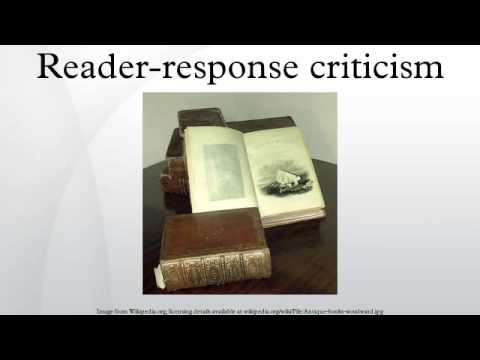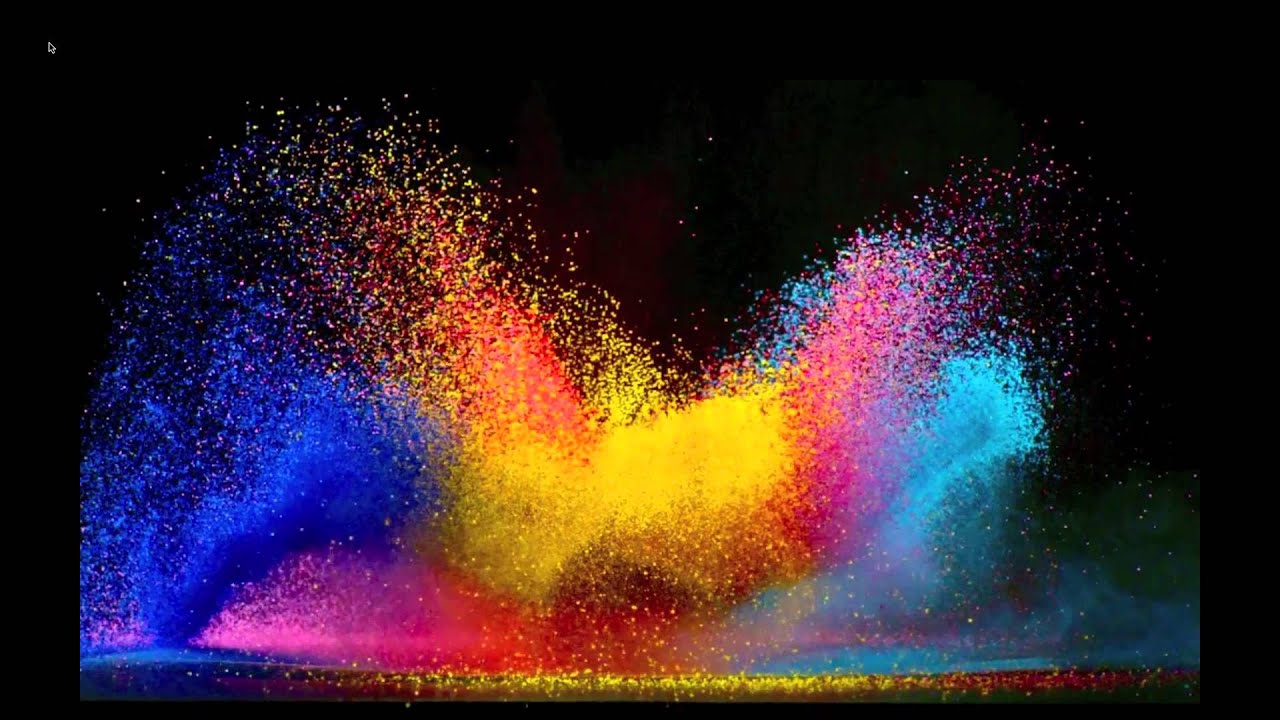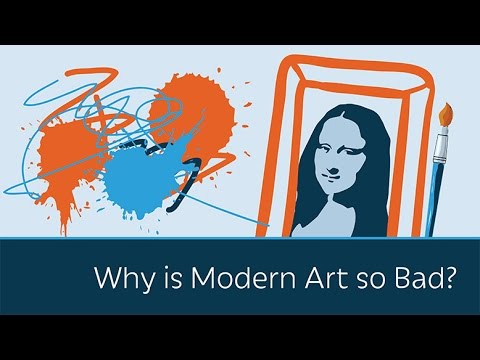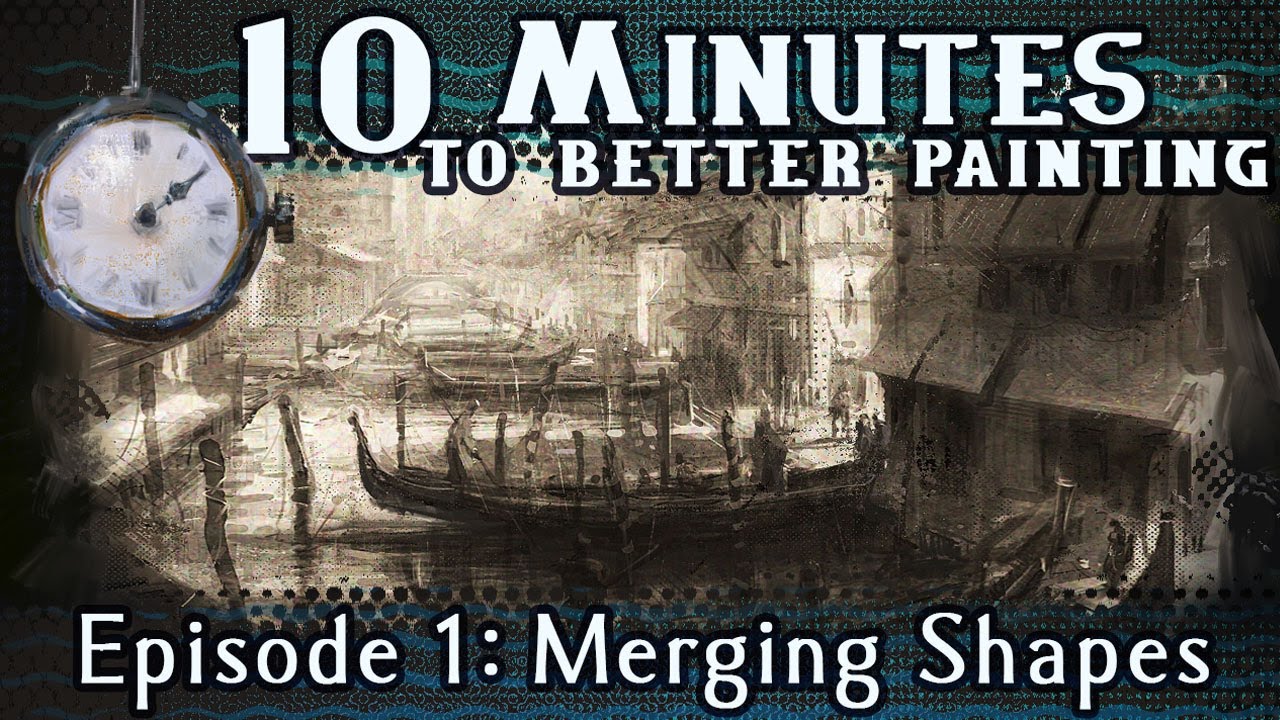Reader-response criticism is a school of literary theory that focuses on the reader and their experience of a literary work, in contrast to other schools and theories that focus attention primarily on the author or the content and form of the work.
Although literary theory has long paid some attention to the reader’s role in creating the meaning and experience of a literary work, modern reader-response criticism began in the 1960s and ’70s, particularly in the US and Germany, in work by Norman Holland, Stanley Fish, Wolfgang Iser, Hans-Robert Jauss, Roland Barthes, and others. Important predecessors were I. A. Richards, who in 1929 analyzed a group of Cambridge undergraduates’ misreadings; Louise Rosenblatt, who, in Literature as Exploration, argued that it is important for the teacher to avoid imposing any “preconceived notions about the proper way to react to any work”; and C. S. Lewis in An Experiment in Criticism.
This video is targeted to blind users.
Attribution:
Article text available under CC-BY-SA
Creative Commons image source in video
Audiopedia
Source



